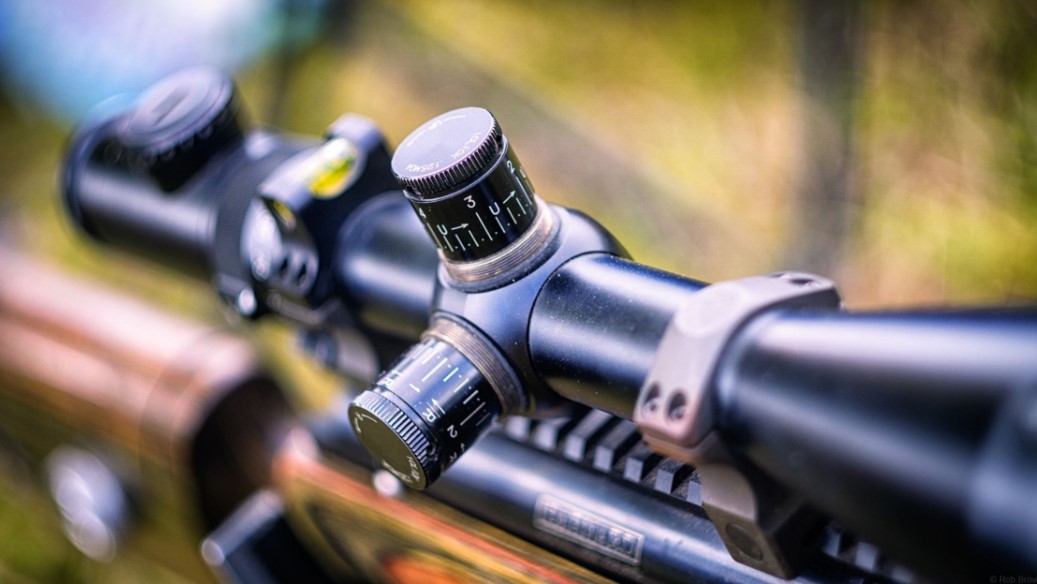
Selecting the perfect hunting rifle is a critical decision for any hunter. The right firearm can significantly impact your shooting accuracy, comfort, and overall hunting experience. With a vast array of options available, it can be overwhelming to choose the best hunting rifle that suits your needs. To assist you in making an informed decision, we have compiled a list of top tips for choosing the right hunting rifle.
1. Determine the Purpose
Before embarking on the search for your ideal hunting rifle, define the purpose of the firearm. Different hunting scenarios require different features. Are you planning to hunt small game, such as rabbits or birds, or are you pursuing larger game like deer, elk, or even bear? Understanding the game you’ll be hunting and the typical hunting environment will help narrow down the caliber, action, and overall design of the rifle.
2. Choose the Appropriate Caliber
The caliber of the rifle is a crucial factor that affects its performance. It determines the size of the bullet and its velocity, which ultimately affects accuracy and stopping power. When selecting a caliber, strike a balance between having enough power to take down the intended game and manageable recoil for comfortable shooting. For example, a .270 Winchester or .30-06 Springfield are popular calibers that provide versatility for a wide range of game species.
3. Consider the Action Type
Hunting rifles typically come in three main action types: bolt-action, semi-automatic, and lever-action. Each type has its advantages and disadvantages. Bolt-action rifles are known for their accuracy and reliability, making them a popular choice for many hunters. Semi-automatic rifles offer rapid follow-up shots, which can be advantageous in certain hunting situations. Lever-action rifles provide a classic and nostalgic appeal and are often favored for brush hunting or shorter-range shooting. Choose the action type that aligns with your hunting style and preferences.
4. Assess Weight and Length
The weight and length of a hunting rifle can significantly impact its maneuverability and ease of use. If you plan on hiking long distances during your hunts, a lighter and more compact rifle may be preferable. However, if you are primarily hunting from a fixed position or a blind, a slightly heavier and longer rifle might offer enhanced stability and accuracy. Strike a balance between portability and stability based on your specific hunting needs.
5. Check the Trigger and Safety
The trigger is a critical component of any firearm. A good trigger should have a crisp and consistent pull, promoting accurate shooting. Many hunting rifles come with adjustable triggers, allowing you to fine-tune the pull weight to your preference. Additionally, ensure the rifle has a reliable safety mechanism to prevent accidental discharges and enhance overall safety during your hunting trips.
6. Quality of Optics
Having a good scope or optics on your hunting rifle can greatly improve your accuracy and target acquisition. Invest in a high-quality scope that matches your hunting environment and shooting distances. Consider factors such as magnification range, objective lens size, reticle type, and light transmission capabilities. Quality optics are a valuable addition to your hunting rifle and can make a significant difference in your shooting performance.
7. Budget Considerations
Hunting rifles come in a wide range of price points. Set a budget that aligns with your requirements and stick to it. While it’s essential to invest in a reliable and accurate firearm, there are excellent options available across various price ranges. Consider any additional costs, such as optics, ammunition, and accessories, when determining your overall budget. Now you can buy AR-15 rifles from Palmetto State Armory at the best prices.
8. Try Before You Buy
Whenever possible, try out different hunting rifles before making your final decision. Visit local gun shops or shooting ranges that offer rental services. Test-fire the rifles you are interested in and pay attention to how they feel in your hands, how they handle, and how well you can shoot with them. Choosing a rifle that feels comfortable and natural to shoot will enhance your shooting experience and confidence in the field.
9. Research and Seek Advice
Do your research before making a purchase. Read reviews, watch videos, and seek advice from experienced hunters or firearm experts. Online forums and communities can be valuable resources for gathering insights and feedback from other hunters who have used specific rifles for hunting.
10. Safety and Training
Last but not least, prioritize safety and proper firearm training. Owning a hunting rifle comes with significant responsibility. Take the time to familiarize yourself with the rifle, its operation, and safety features. Enroll in a certified firearms training course to ensure you understand how to handle and shoot your chosen rifle safely and effectively.
Conclusion:
In conclusion, choosing the right hunting rifle involves careful consideration of various factors such as purpose, caliber, action type, weight, trigger, optics, and budget. By evaluating these aspects and seeking advice, you can make an informed decision that will serve you well on your hunting adventures for years to come. Remember always to prioritize safety and responsible firearm ownership throughout your hunting journey. Happy hunting!
If you want to get more information like this, visit here.



